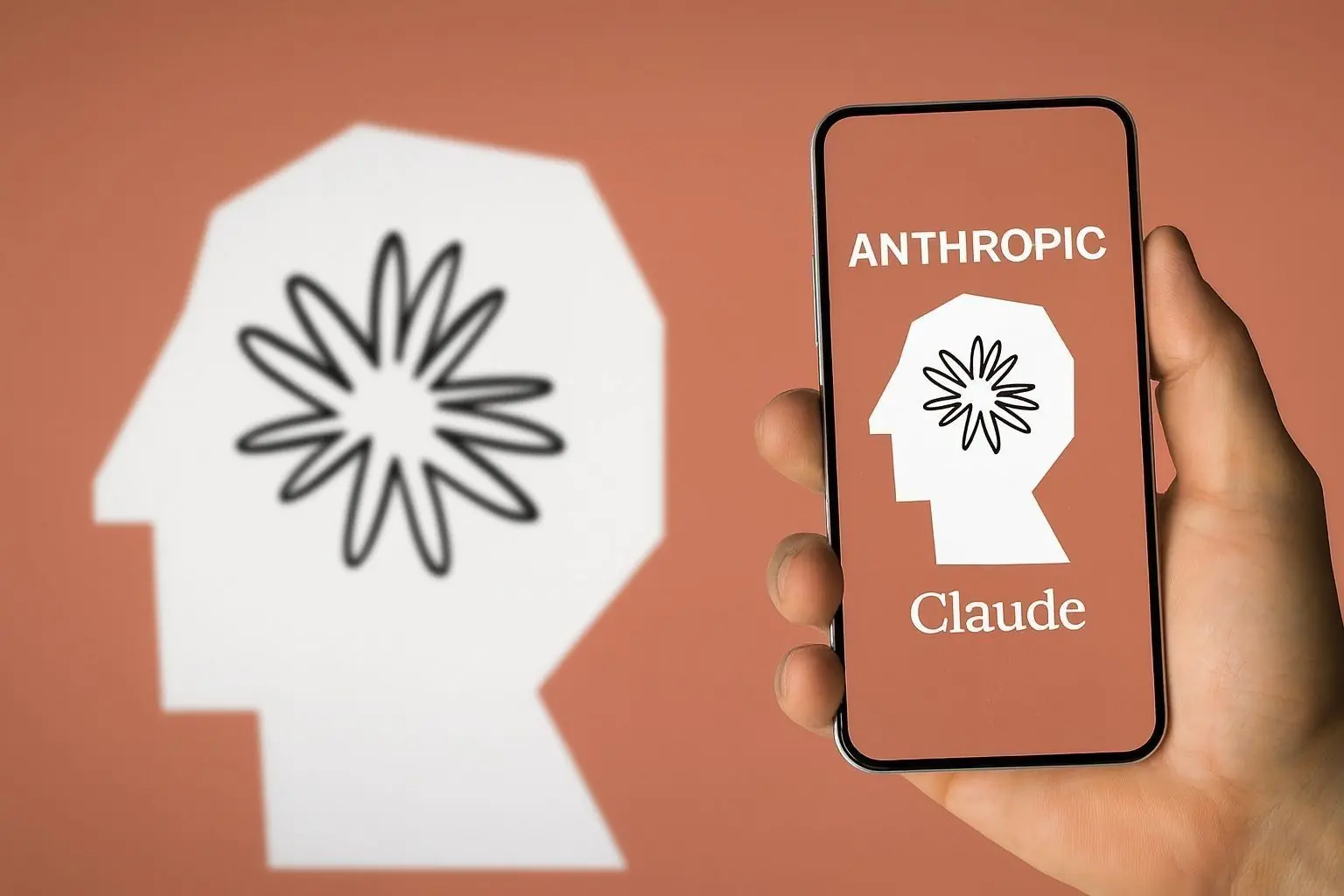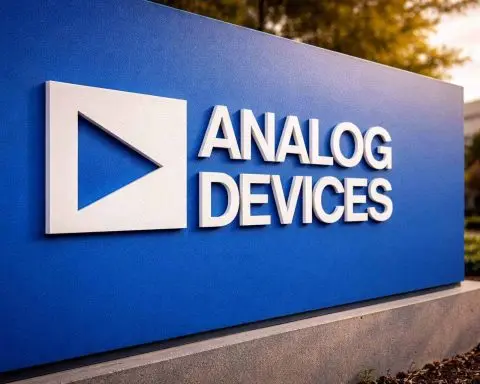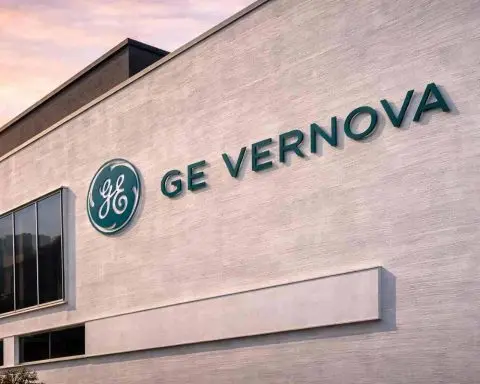Anthropic Developments and News as of November 3, 2025
- Sky-High Funding: Anthropic raised a colossal $13 billion Series F in September 2025, valuing the AI startup at $183 billion post-money – nearly tripling its valuation since March Anthropic Reuters. The round, led by Iconiq Capital with participation from Fidelity, Lightspeed, and sovereign wealth funds, is among the largest ever, underscoring frantic investor enthusiasm in generative AI Starkinsider Starkinsider. CEO Dario Amodei even acknowledged the ethical dilemmas of taking certain funds amid this “AI gold rush,” reportedly telling staff “‘no bad person should ever benefit from our success’ is a pretty difficult principle to run a business on” Starkinsider.
- Enterprise Boom & Revenue Surge: Anthropic’s enterprise customer base has exploded – over 300,000 businesses now use its Claude AI systems Anthropic. Revenue is on a meteoric rise, reaching an annualized run-rate of ~$7 billion as of October and projected to double or even triple by 2026 (targeting $20–26 billion) thanks to rapid adoption of Claude-based products Reuters Reuters. About 80% of revenue comes from enterprise clients, reflecting Anthropic’s focus on business use cases Reuters. By contrast, rival OpenAI – more consumer-focused – reported a $13 billion run-rate in August and aims for $20 billion by year-end Reuters.
- Multibillion Tech Alliances: Anthropic has forged massive partnerships for AI compute and deployment. In October it announced an expanded deal with Google to access up to 1 million of Google’s TPU AI chips – worth “tens of billions of dollars” – bringing over 1 gigawatt of computing capacity online by 2026 for training Claude’s next generations Reuters Reuters. Google Cloud CEO Thomas Kurian lauded Anthropic’s move to TPUs, citing strong price-performance Anthropic. Amazon remains a key partner as well – Anthropic uses Amazon’s AWS and custom Trainium chips as part of a “diversified” compute strategy Anthropic. The two are jointly building “Project Rainier,” a massive cluster with hundreds of thousands of AI chips across U.S. data centers to fuel Anthropic’s models Anthropic. These cloud deals ensure Anthropic can scale its AI training despite a worldwide scramble for GPUs.
- Claude AI Product Strides: In late 2025, Anthropic rolled out a blitz of Claude AI upgrades and new tools. It debuted Claude 4.5 (codename “Sonnet”) with enhanced capabilities, alongside a lightweight Claude 4.5 “Haiku” model offering one-third the cost of larger models to court cost-conscious customers Reuters Reuters. The company launched Claude Code – a coding assistant now accessible via web browser – enabling developers to connect code repositories and auto-generate code and pull requests online Medium. To address safety, Anthropic added sandboxing for Claude Code to isolate code executions from system access Medium. Claude’s integration into enterprise workflows also deepened: Anthropic introduced connectors for Slack and Microsoft Excel, letting Claude function as an AI aide inside popular productivity apps (e.g. summarizing Slack threads or analyzing spreadsheets). It unveiled “Agent Skills” for Claude to automate business tasks, and tailored versions like Claude for Financial Services and Claude for Life Sciences for industry-specific needs (e.g. compliance in banking, research in pharma) Anthropic Anthropic. Observers note Claude has quietly become a go-to AI tool for developers and professionals – “the tool actual developers reach for,” as one analyst put it, thanks to its large context window and coding prowess Starkinsider Starkinsider. Anthropic even extended Claude’s context to an unprecedented 1 million tokens (allowing it to ingest book-length inputs) and added features like web browsing and citations, underscoring its race to match or surpass OpenAI’s GPT models.
- Global Expansion & Talent Moves: Anthropic is rapidly globalizing its footprint. In October it opened a new office in Tokyo and inked a cooperation agreement with Japan’s AI Safety Institute Anthropic. Just prior, it announced Seoul as its third Asia-Pacific hub Anthropic, after earlier expanding to London and Sydney (and planning Bengaluru in 2026, given India is its second-largest market) Reuters. The company is hiring aggressively – over 100 new roles in Europe alone and high-profile talent like a new Chief Technology Officer, Rahul Patil, hired from Google Anthropic. Anthropic’s workforce and R&D are swelling to meet demand, with plans to triple its international staff and quintuple its applied AI team this year Reuters. Such growth also accompanies deeper ties with governments: Anthropic formed a public-sector advisory council (adding figures like ex-Netflix CEO Reed Hastings to its board Anthropic Anthropic), and partnered with the U.S. Department of Defense on responsible AI for national security Anthropic. Notably, Anthropic even offered Claude access to the U.S. government for $1 in a symbolic bid to drive adoption Reuters, and through a GSA contract it made Claude available across federal agencies Anthropic.
- Competitive Showdown – OpenAI, DeepMind, xAI: Anthropic’s rise comes amid an AI industry arms race. OpenAI, backed by Microsoft, remains the consumer market leader with ChatGPT’s 800 million weekly users and a war chest enabling it to secure “26 gigawatts” of compute (deals that may cost over $1 trillion) to train future GPT models Reuters Reuters. OpenAI is reportedly already eyeing a 2027 IPO at up to $1 trillion valuation, an unheard-of figure that could reshape AI funding dynamics if confirmed Medium. Google’s DeepMind division (merged with Google Brain) is pushing frontier research too – in September 2025 its new Gemini 2.5 AI model achieved a milestone by winning a gold medal in an international coding competition, a feat hailed as a “historic” breakthrough toward higher-level AI reasoning Theguardian Theguardian. (Some experts tempered that enthusiasm – UC Berkeley professor Stuart Russell called claims of an “epochal” win “overblown,” noting such coding prowess, while impressive, doesn’t equate to real-world AGI yet Theguardian.) Meanwhile, Elon Musk’s startup xAI has quickly muscled into the arena with its “Grok” AI systems. By mid-2025 xAI released Grok 4, a chatbot rival, and even a free coding model “grok-code-fast-1” in partnership with GitHub Copilot Reuters. Musk is positioning xAI’s “Grok” as a truth-seeking alternative and has launched products like Grokipedia, an AI-driven encyclopedia meant to rival Wikipedia Businessinsider Britannica. In a controversial twist, xAI sued Apple and OpenAI in August, accusing them of colluding to stifle competition – signaling Musk’s combative approach in the AI arena Reuters. Meta (Facebook) is another force, open-sourcing its LLaMa models to proliferate AI access, though Meta’s strategy diverges by forgoing direct revenue in favor of widespread adoption.
- Controversies & Challenges: As Anthropic and its peers sprint ahead, they face growing scrutiny over safety, spending, and oversight. Anthropic markets itself as an “AI safety-first” company – it pioneered a “Constitutional AI” training method to reduce harmful outputs, and it’s actively shaping policy. In September, Anthropic endorsed California’s AI regulation bill (SB 53), which imposes disclosure and risk mitigation requirements on “frontier” model developers Anthropic Anthropic. The startup argued such transparency rules – like publishing safety frameworks and reporting serious AI incidents – will “level the playing field” and prevent a race to the bottom on safety Anthropic. This stance earned praise from officials (Governor Newsom’s office worked with industry on the bill) and shows Anthropic aligning with calls for accountability. At the same time, not all are convinced these AI labs can police themselves. Critics point out that companies are burning through billions of dollars training ever-bigger models without a clear path to profitability Starkinsider Starkinsider. Venture firm Sequoia Capital estimated the sector might need $600 billion in annual revenue to justify the current investment levels Starkinsider – a figure that vastly exceeds today’s output, raising fears of a bubble. Even Anthropic’s $5+ billion revenue run-rate pales against the tens of billions it’s spending on cloud compute deals and talent. AI ethicists and researchers also worry about unchecked deployment of frontier models that could spew misinformation or automate cyberattacks, especially if competitive pressure forces companies to cut corners. Anthropic has responded by investing in AI alignment research (it regularly publishes model “system cards” and funds interpretability studies), and by joining industry coalitions like the Frontier Model Forum alongside OpenAI, Google, and Microsoft to jointly devise safety standards Anthropic. Nonetheless, the pressure for dominance is intense – there’s constant tension between racing ahead and slowing down to “solve” AI safety. Government regulators are increasingly engaged: the EU is finalizing its AI Act (likely requiring costly compliance from companies like Anthropic), and U.S. lawmakers are debating oversight frameworks. Anthropic’s own CFO, Krishna Rao, admits the company’s “unprecedented growth” must be balanced with responsible scaling, even as investors demand results Starkinsider. For Anthropic, a key challenge will be maintaining its safety-centric ethos under the glare of a high-stakes commercial race.
- The Road Ahead: Experts say the next year will be pivotal for Anthropic. Flush with fresh capital and now valued on par with the world’s largest tech firms, the company must deliver AI products that justify the hype. Analysts forecast that Anthropic will continue doubling down on enterprise AI services – a segment where it has carved a lead – to convert its enormous R&D spending into sustainable revenue. “We are seeing exponential growth in demand across our entire customer base,” CFO Rao noted, as enterprises integrate Claude into mission-critical workflows Starkinsider. That bodes well for hitting aggressive revenue targets, if the boom holds. On the innovation front, Anthropic is expected to train a successor to Claude 4.5 leveraging the massive Google TPU compute windfall, possibly leaping in capability given the scale of resources (1 million chips) at its disposal Reuters. Some observers speculate Anthropic’s next model could rival OpenAI’s anticipated GPT-5 in power – and do so with Anthropic’s trademark guardrails. We may also see closer ties with Big Tech: with both Google and Amazon deeply invested, there’s potential for deeper integration of Claude into their cloud ecosystems (Anthropic already offers its models via Google’s Vertex AI and Amazon’s Bedrock platforms). Financially, IPO rumors are swirling across the AI sector – while Anthropic hasn’t announced any public offering, its $183B valuation positions it as a prime candidate down the line, especially as OpenAI’s speculated 2027 IPO approaches Medium. One big question is whether the current AI frenzy can sustain itself. Nvidia’s stock price quintupled in the past two years – even briefly making it a $5 trillion company in late 2025 Reuters – on hopes that companies like Anthropic will keep buying chips in jaw-dropping quantities. If those hopes falter (for example, if AI model improvements hit diminishing returns or enterprise adoption slows), valuations could retrench. But if Anthropic’s technology continues to advance and deliver real productivity gains – which early evidence suggests it does, from coding assistance to drug discovery – then the “trillion-dollar prize” of AI is not out of reach Starkinsider. In the near term, expect Anthropic to announce new strategic partnerships (industry insiders wouldn’t be surprised if a major enterprise software player or another government agency signs on with Claude) and to iterate rapidly on Claude’s capabilities, possibly adding more autonomy and multimodal (text+image or voice) features to keep up with competitors.
In summary, Anthropic in late 2025 stands as a centerpiece of the global AI drama – a startup-turned-goliath with extraordinary funding, big-tech allies, and cutting-edge AI models, all vying to shape the future of AI. Its recent moves – from mega-financing and TPU mega-clusters to enterprise-friendly AI tools – illustrate both the immense potential and the grand challenges of the AI revolution. As Anthropic races OpenAI, Google DeepMind, xAI and others, the world will be watching to see if this safety-focused upstart can lead in innovation without losing its soul to the breakneck pace of the AI arms race. The stakes, financial and societal, could not be higher. 🔍 Sources: Anthropic Reuters Reuters Reuters Reuters Anthropic Medium Theguardian Anthropic Starkinsider etc. (See inline citations above for full references.)









